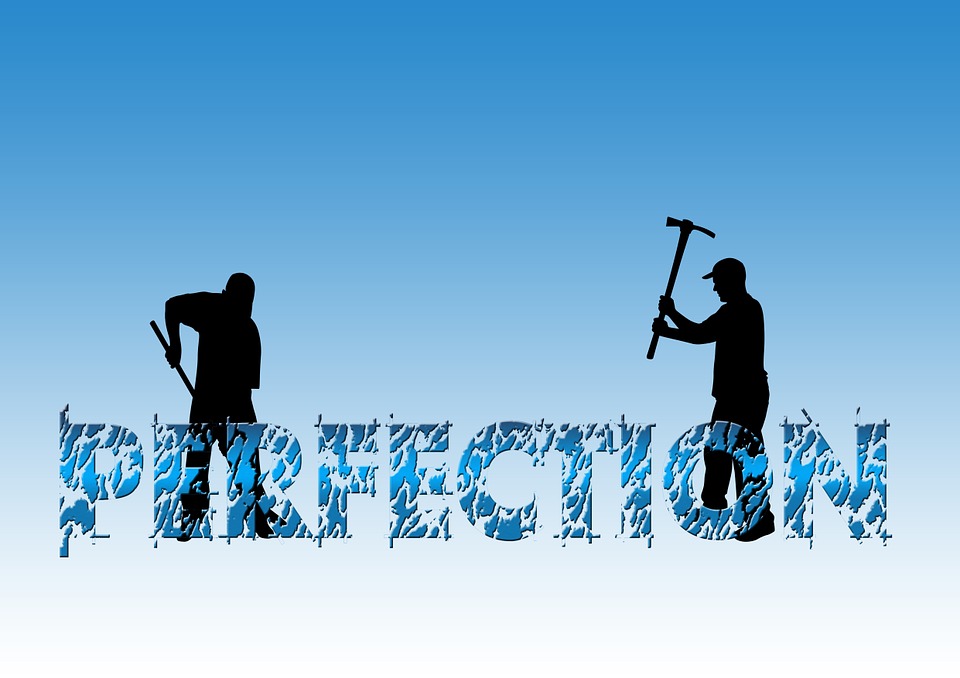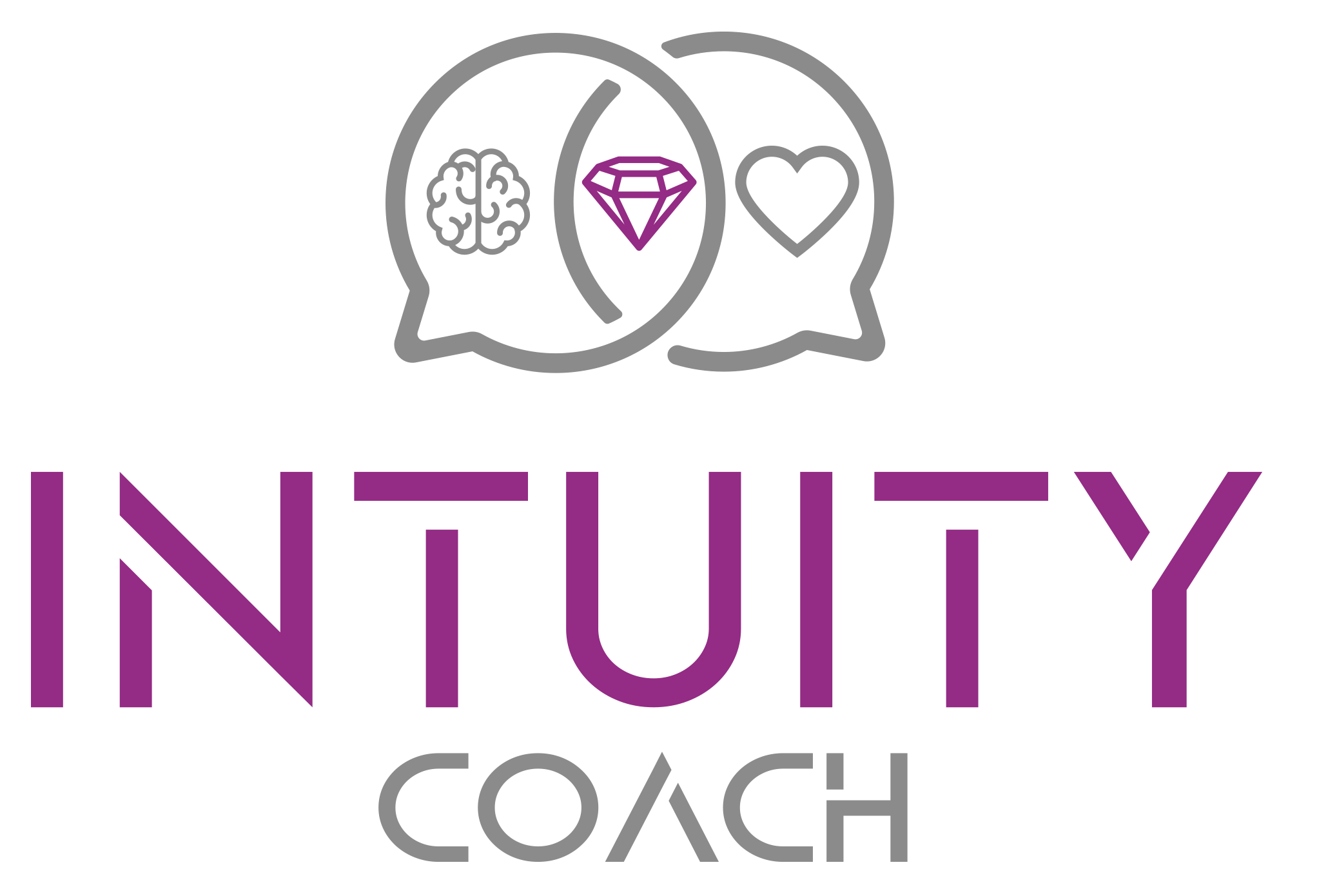Why good enough is better than perfect!

What is perfectionism?
Perfectionism is a personality trait manifested by constantly trying to do things in a flawless manner by setting unrealistic standards of performance. When you can't meet these impossible standards, feelings of guilt often arise, sometimes even anger directed at yourself.
From the perspective of clinical psychology, perfectionism implies a "crippling rigidity" behind which is a fear of failure and/or a deep need for acceptance. I might add that a perfectionist will remain inflexibly adhering to a standard that he has set for himself at a given moment, even if the context or situation has changed and all to fit the label set by him or those around him.
When we seek perfection, we seek a goal that is impossible to achieve no matter how hard we try, making perfectionists feel unsatisfied with their efforts. Their inability to achieve this goal is perceived as a failure, which feeds self-criticism and self-judgment and a belief of inadequacy.
People with perfectionistic inclinations critically assess themselves and are overly concerned with how others perceive them. The word "must" is used frequently and used as an attribute. We have all heard the expressions "I know better" and "I hate mistakes" .
The rigid perfectionist wakes up thinking about what needs to be done today and how it needs to be done, and his actions are self-directed: it's all about me: as I say, as I think is better. All of this effectively conceals the perfectionist's deep need for approval as well as his fear of rejection and mistakes. The label of perfectionist hides a self-imposed state of rushing after something, of excessive concentration on every detail, or on the contrary of endlessly postponing an action.
All of this reflects primarily on the individual and, later, on other people due to unreasonably high expectations.
Perfectionists display an extreme preoccupation with their own judgments and conduct an obsessive, critical self-evaluation. The root of the issue is that they have an unyielding, all-or-nothing mindset and consistently lack confidence.
Because fear is what drives perfectionism's development and maintenance—fear of being judged, of being rejected, of disappointing—perfectionism evolves toward anxiety.
It is clear that perseverance and high expectations are important for any performance in business and in personal life, performance that is accompanied by conscientiousness and hard work plus high motivation and is thus considered a competitive advantage. Problems arise when they are accompanied by rigidity and excessive concentration to details or results tending to impossible standards.
Although in some cases high standards help, when they are excessive and unrealistic, they become problematic.

Here are some questions that if answered you can better understand how you are doing:
Can this be achieved or not?
How useful is it to have such expectations?
What are the costs and benefits of having such a standard?
How much does it help me?
Am I able to change my points of views when needed?
The original survival feature:
The perfectionist self-pattern offers a way to quiet the constant voice of self-judgment and fear of others' judgments by trying to be perfect. This trial accompanies him daily and gives him a false sense of control believing that if he does what is right, he will be beyond the judgment and reproach of others. Perfection and order bring a sense of temporary relief. He may have generated a sense of order in childhood or gained acceptance and attention from emotionally distant or over-demanding parents by standing out as the perfect, blameless child. And then we have to ask, how useful is it at this point to keep this pattern?
Thoughts:
All or nothing/ black or white
He is morally upright and holds himself to high standards.
It is capable of bringing structure and order to confusion and disarray.
Has the ability to inspire others to live and work according to unambiguous values like "being a good person" and "doing the right thing."
"Perfectionism is excellent and makes me feel better about myself," he said, "I have to do one thing exactly, or better not do it at all, and if I fail I'm a failure."
Experiences, sensations, and emotions:
Prone to becoming agitated, tense, and caustic.
Extremely critical of others and himself.
Continuous dissatisfaction with oneself and others for not living up to ideal standards.
They anticipate that others will obstruct their sense of harmony and purity.
Anxiety
Sense of despair
Burnout
Stress
Decreased self-confidence
He is very sensitive to criticism.
Behavior:
'Right is right' and 'wrong is wrong', and there is no gray area in between.
"Only I know the right way."
"Why bother if you can't do it perfectly?
"I have to be more meticulous and structured than others to make sure things are done correctly."
"I detest errors."
Strong need for organization, self-discipline, and control
aggressively over-the-top
"I have a responsibility to myself. I must complete this.
"It's up to me to clean up whatever messes I find."
"I have to act honorably."
He puts in extra time at work both to complete projects by insistence on all the sometimes pointless details and to avoid spending that time with himself or his loved ones..
Even those who find a hobby tend to make what should be a relaxing activity into something competitively obsessive: I wake up at 5 a.m. three times a week to run 15 km, or I go to the gym every day at 7 a.m. to exhaust myself before I start work, when these activities can be carried out with joy, enthusiasm, and the genuine pleasure provided by a relaxing activity rather than with competitive obsession.
Perfectionism in relationships over compassion, empathy, and connection
How can you experience unconditional love for yourself, how can you develop as a balanced person when you are constantly critical of your appearance and performance?And if you don't love yourself fully, how can you be receptive to being loved by others? When perfection is activated it seems to me that self-esteem and respect is lost. What do you think?
What can you do to change your inner dialogue?
How can you enjoy the process?
How can you be more flexible?



